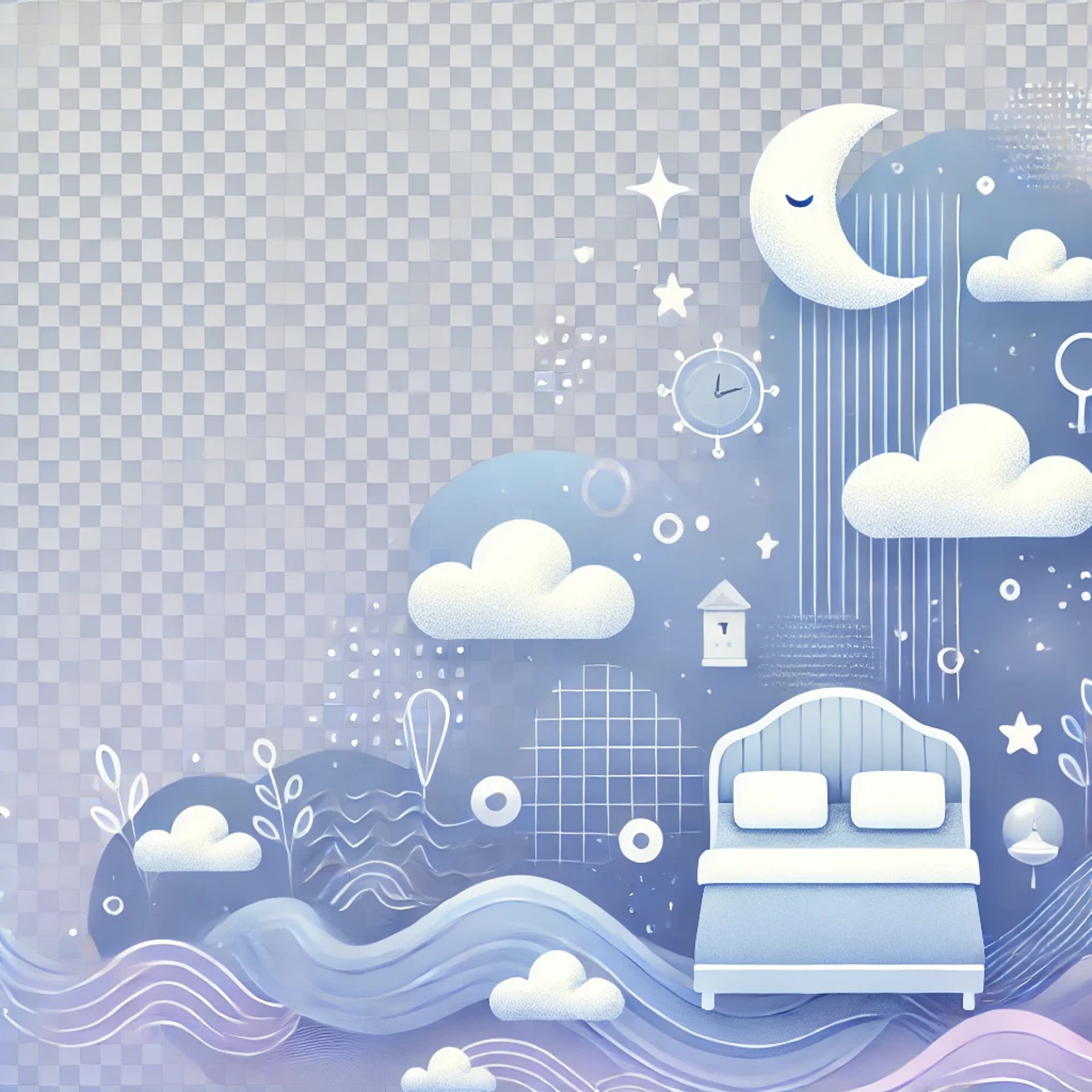
The Science of Sleep
1. Warm-Up Questions
How many hours of sleep do you usually get per night? Do you think it’s enough?
Why do you think sleep is important for our health?
What happens to your body and mind if you don’t get enough sleep?
Do you know any tips for improving the quality of sleep?
2.Vocabulary Matching
Match the words to their definitions:
Sleep deprivation
Concentration
Immune system
Productivity
Caffeine
a) The body’s defense system against illnesses
b) Being able to focus and pay attention to a task
c) A stimulant found in coffee and tea that can affect sleep
d) The ability to produce or achieve results efficiently
e) A lack of sufficient sleep
3. Reading
Read the following text and answer the comprehension questions:
The Role of Sleep in Physical and Mental Health
Sleep is essential for maintaining good health, yet it is often overlooked in today’s fast-paced world. While you sleep, your body works hard to repair cells, support brain function, and strengthen the immune system. Adults are recommended to get 7 to 9 hours of sleep each night, while children and teenagers need even more.
Lack of sleep, known as sleep deprivation, can lead to a range of health issues. In the short term, it affects concentration, memory, and mood. People who are sleep-deprived often feel irritable, forgetful, and sluggish. In the long term, poor sleep increases the risk of serious conditions, such as obesity, heart disease, and diabetes.
One of the most important stages of sleep is REM sleep (Rapid Eye Movement), during which the brain processes information and forms memories. REM sleep is also associated with vivid dreams. Without enough REM sleep, learning and emotional regulation can suffer.
Sleep hygiene refers to habits that help improve the quality of sleep. Examples include creating a regular sleep schedule, reducing screen time before bed, and avoiding caffeine late in the day. By prioritizing sleep, people can boost their energy, productivity, and overall well-being.
Comprehension Questions:
What happens in the body during sleep?
a) The brain stops working completely
b) The body repairs cells and supports brain function
c) The immune system slows down
How many hours of sleep do most adults need?
a) 6-7 hours
b) 7-9 hours
c) 10-12 hours
What is REM sleep?
a) A stage of deep sleep where dreaming occurs
b) A period of light sleep with no brain activity
c) A time when the body stops repairing itself
What is sleep hygiene?
a) Sleeping in a clean and quiet room
b) Habits that improve the quality of sleep
c) Sleeping for long periods during the day
Name two health risks associated with long-term sleep deprivation.
4. Discussion
Work with a partner or group to discuss:
How does sleep affect your daily performance and mood?
Do you have any bad sleep habits you want to change? Why?
Share one tip for improving sleep hygiene that works for you.
5. Sleep-related idioms
Match the idioms to their definitions:
Idioms Definitions
1. Rise and shine a) Sleep very deeply and soundly
2. Sleep like a log b) Stay up late working or studying
3. Burn the midnight oil c) A short nap
4. Forty winks d) Wake up and get out of bed cheerfully
5. Let sleeping dogs lie e) Avoid bringing up a subject that could cause trouble
6. Dead to the world f) Get some sleep (informal)
7. Not sleep a wink g) Worry excessively about something
8. Sleep tight h) A way to wish someone a good night’s sleep
9. Lose sleep over (something) i) Not get any sleep at all
10. Catch some Z’s j) Sleeping so deeply that you’re unaware of your surroundings

Contact
info@masterenglishinstitute.com
